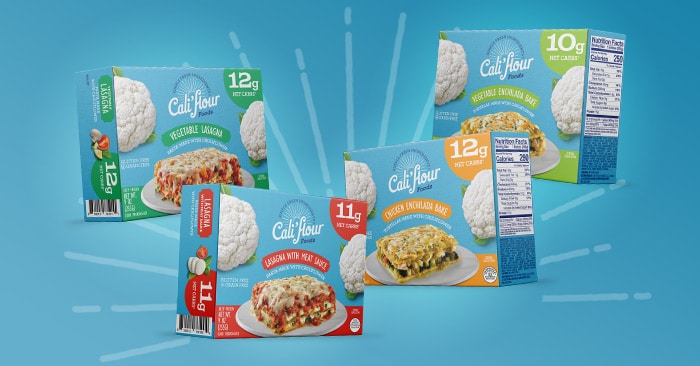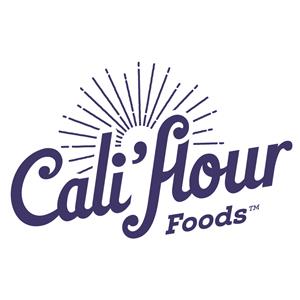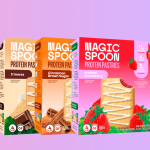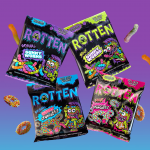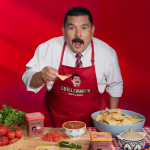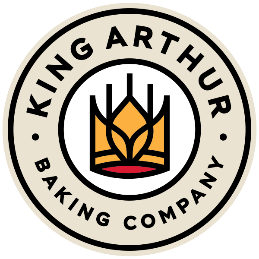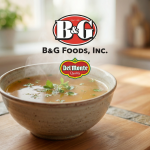One Year Post Investment, Cali’flour Readies For Next Stage
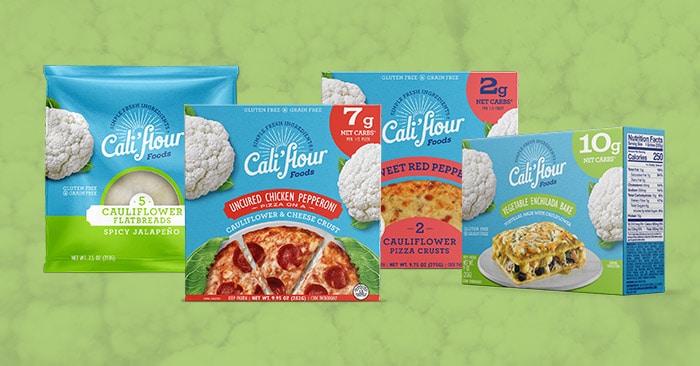
A year after raising money from VC firm Sunrise Strategic, Cali’flour foods has changed up its senior staff and acquired its copacker. The moves, Sunrise founder Steve Hughes said, are in response to both the COVID-19 pandemic and to better prepare the brand for expansion.
Cali’flour closed the funding round, which also saw investment by CircleUp consumer partners, in May 2019, bringing on longtime natural products food brokerage executive Mike Anderson as CEO. Since then, Sunrise has subsequently increased its investment in the brand, while seeing founder Amy Lacey, who remains a minority shareholder, step back from everyday involvement. Meanwhile, last month, Anderson also moved on from the company, heading back to his previous employer Acosta.
At the time, he said, it was unclear if overwhelmed retailers would be moving forward with resets or how long the Covid pandemic would last. Cali’flour had projected a 300% increase in revenue for 2020, counting on the addition of thousands of new doors. The executive team met to discuss options for slowing cash burn and Anderson decided to tender his resignation.
“They only had so much cash to go around and were looking at cost savings, and I kind of volunteered,” Anderson said. “They didn’t need a guy like me managing 12 people… the business is great and it’s doing well but our CFO was capable and could run it, so I thought I’d step out.”
In response, Cali’flour has promoted CFO Jason Agnew to the role of president, with Sunrise founder Steve Hughes, executive chairman of the board and current ONE Bar CEO Peter Burns, and board member Bob Burke providing weekly support.
Lacey has taken a “sabbatical,” Hughes said, but flies in from her home in Florida for key meetings. Meanwhile early employee and chief e-ecommerce officer Jimi Sturgeon-Smith also departed the brand in March as the company scaled back its ecommerce team and switched from a remote work model.
Sturgeon-Smith’s departure came as the e-commerce business “hit the skids” Anderson said, a result of the company moving into retail. As shoppers can find a product in their local stores often at a lower price, Hughes added, they tend to lose interest in purchasing frozen items online.
“I always felt that the ecommerce of $18 to $20 million on pizzas and flatbreads was going to be at risk when these products became widely available,” Hughes said. “When we invested, and Amy agreed, [we knew] that this was a brick and mortar play.”
While ecommerce sales have dropped, profit from the channel has risen due to reorganization and cost savings. For example, the recently relaunched storefront has less product offerings and reduced options in pack sizes.
Other cost savings came from the acquisition of California Natural Foods, its copacker of pizza crusts and flatbreads, in April. The deal gave the company ownership of the intellectual property behind its crusts, which were created by CNF.
Under a redesigned look, the brand also will expand into new categories, launching two lasagnas and two enchiladas this week. Meijer, Stop & Shop, and several Kroger and Safeway Divisions have already picked up the new line, which will retail for $5.99 to $6.99 per frozen meal. Hughes — formerly the GM for Healthy Choice and CEO of Boulder Brands-owned Udi’s and Glutino — sees further potential to tackle other popular frozen items and baked goods.
“If we can create a very low carb heat-and-eat product line, there’s nothing like it in the store, Hughes said. “Keto will come and go but you’re creating a whole generation of consumers that are going to be carb conscious.”
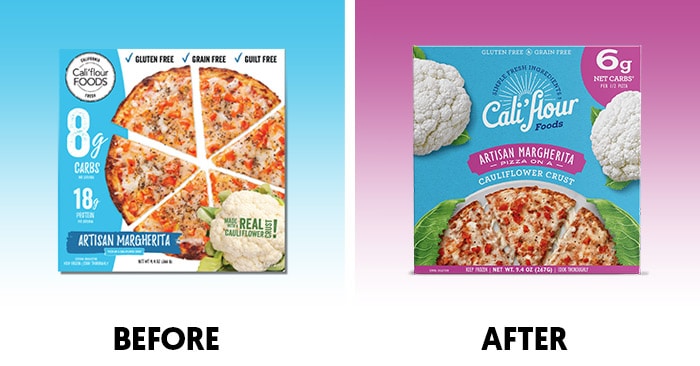
The goal is to steal share away from the frozen entree powerhouses of Amy’s, Evol, Lean Cuisine, Saffron Road and Healthy Choice. Better for-you frozen entrees saw over $400 million in sales last year, data provided by Sunrise showed. While many legacy brands have seen declining revenues, the rising success of challenger brands such as Sweet Earth, Saffron Road and Kidfresh has shown that there is consumer interest in the category.
Hughes believes that Cali’flour can easily become a $100 million brand — currently, sales are at roughly $20 million but, he added, retail presence has just begun to be built out. As of this May, the brand was in 3,000 doors — up nearly 2,000 over the past year. From the end of October to the end of March, the brand sold over $4 million in pizza crusts in the natural channel and under a million dollars of personal pizzas in the grocery channel, Hughes said.
It won’t be an easy path — but it seems clearer now, he said.
“I couldn’t be happier where the business is today…. Now, was the last year easy? Hell no. It rarely is when you’re taking a very entrepreneurial business and getting them onto a platform,” Hughes said. “It’s been like a lot of our companies, there’s been a lot to work through and you don’t quite end the year the way you started the year.”
